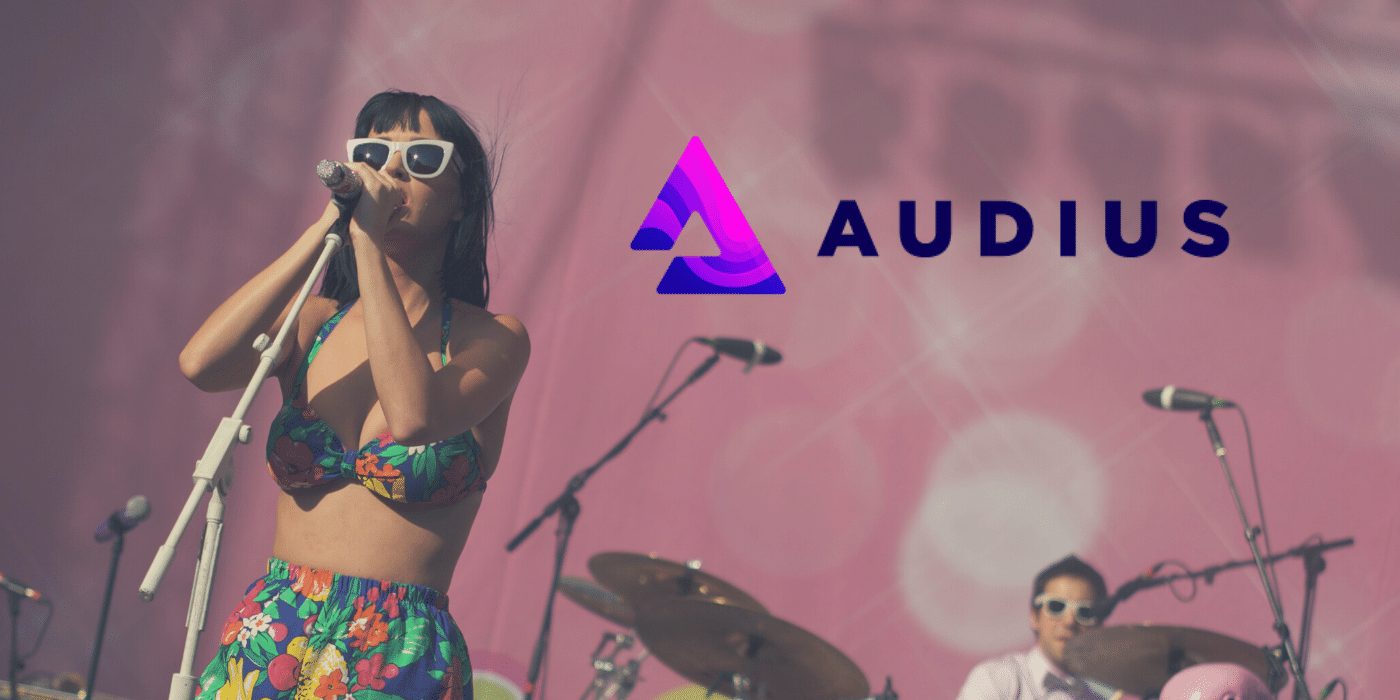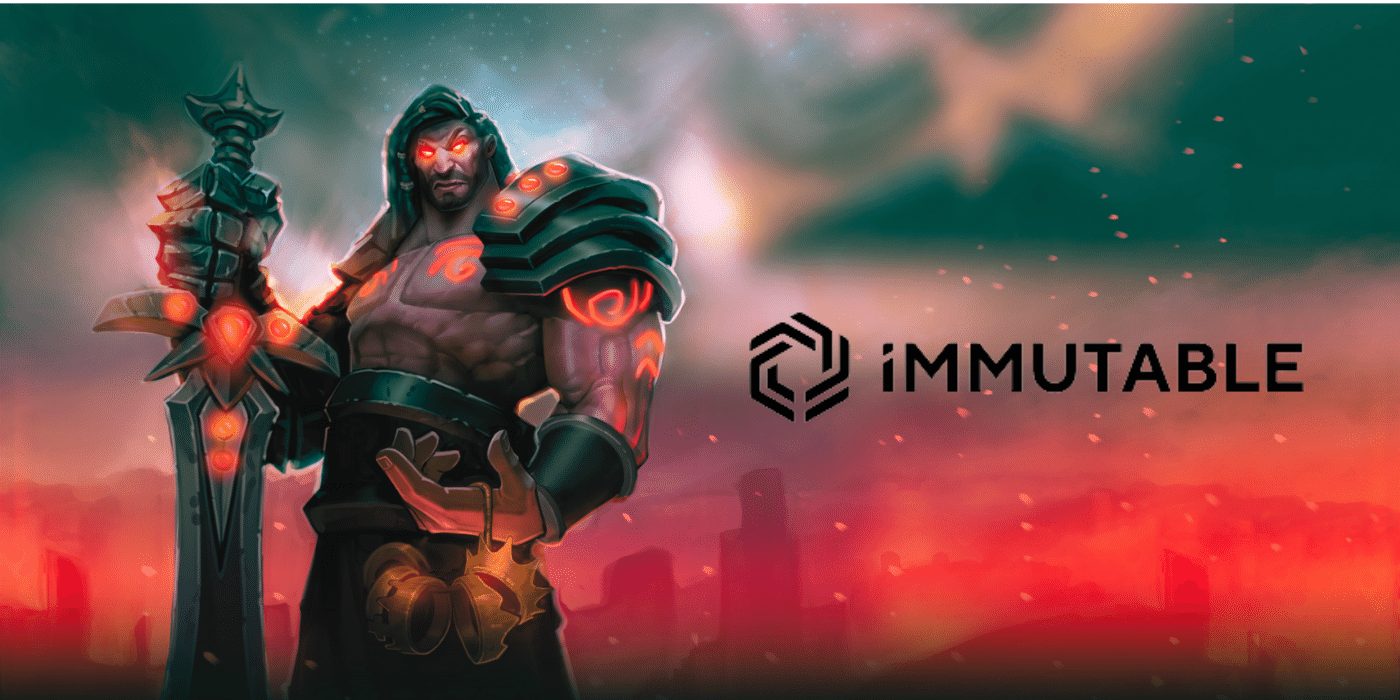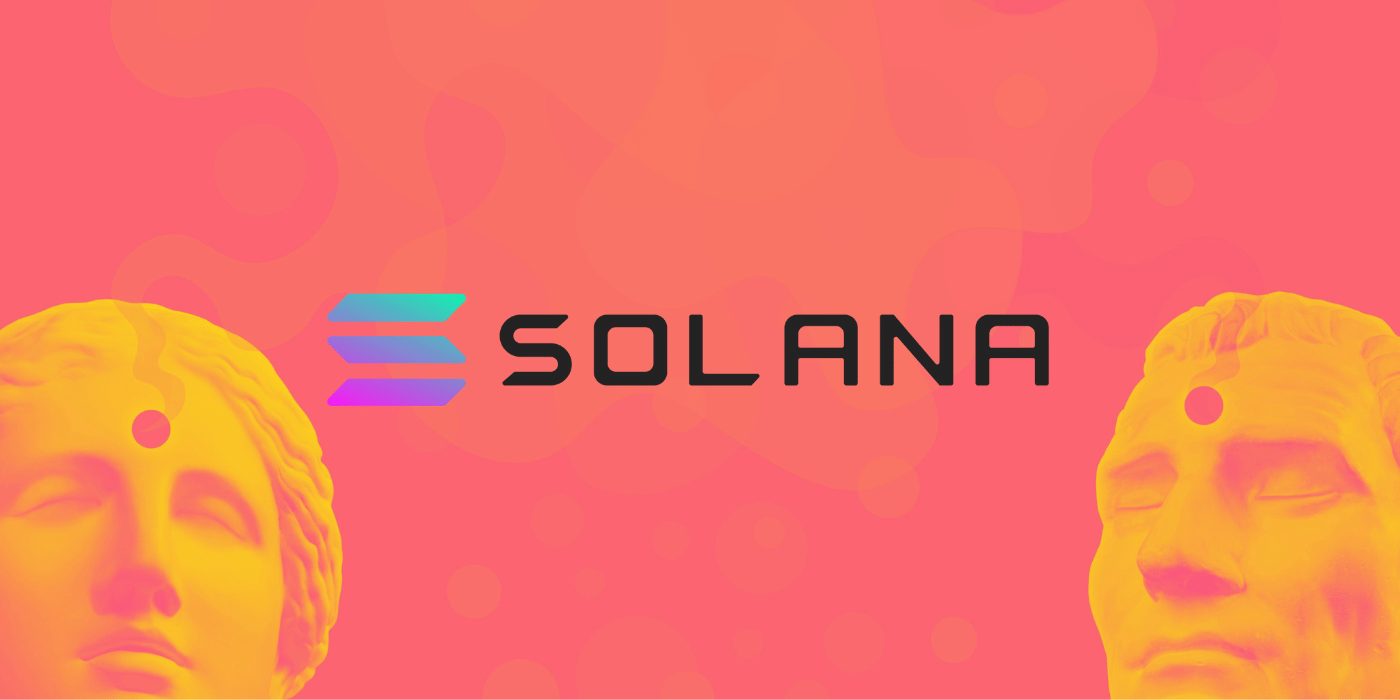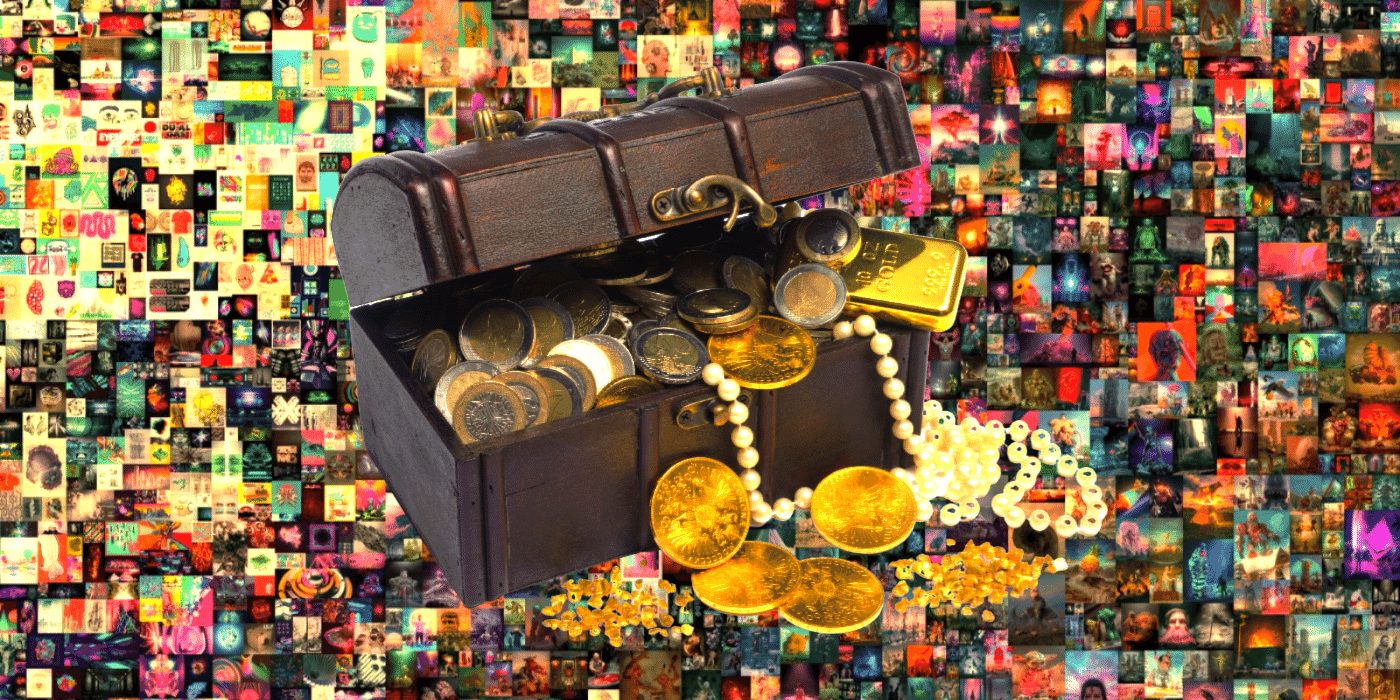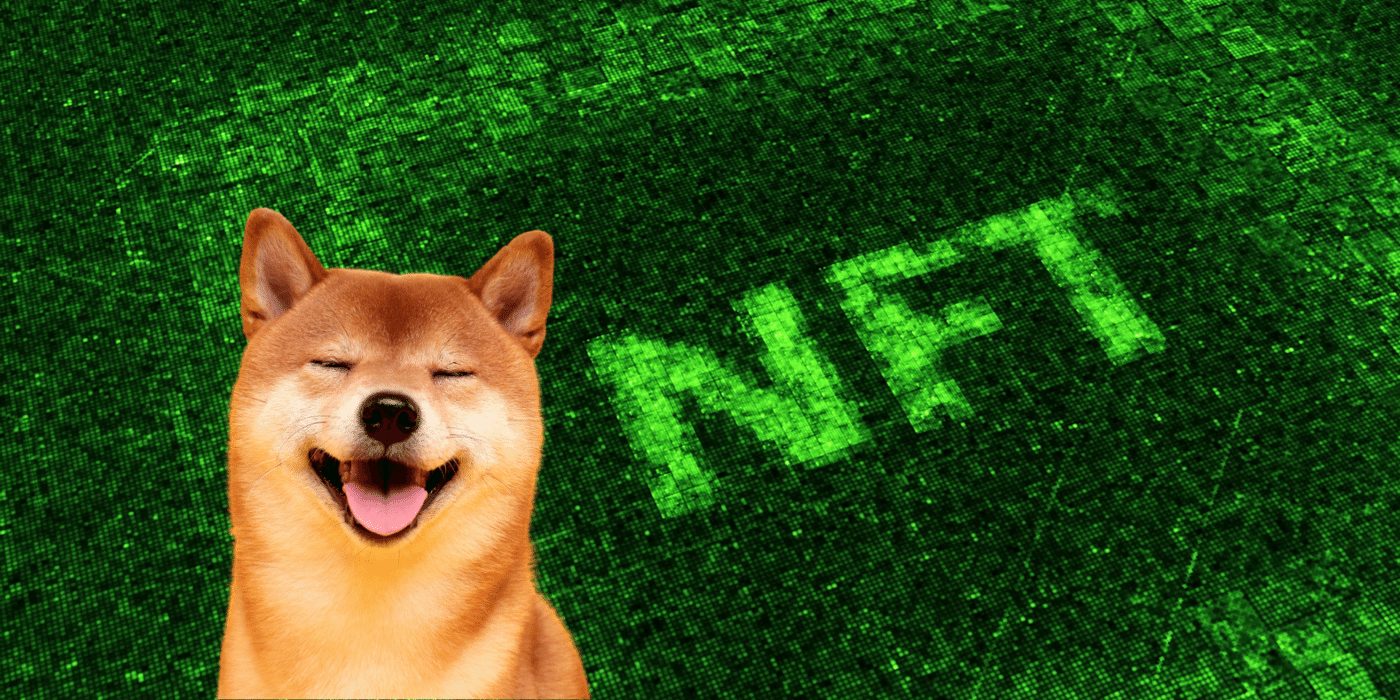Katy Perry, along with other music superstars including Nas, Jason Derulo, Pusha T, the Chainsmokers and Steve Aoki, is the latest investor in crypto-powered music streaming platform Audius.
Audius is a music streaming app, like Spotify or SoundCloud, built on the blockchain and unique as it is the first truly decentralised music platform. The protocol was originally developed on POA (Proof of Authority) Network, an Ethereum sidechain, and has now moved parts of its service to include the Solana blockchain. Developers can build their own apps on top of Audius, giving them access to an exclusive audio catalogue.
Blockchain-Powered Music for Artists
Audius is giving power back to artists, offering a decentralised network model where users can upload their songs directly to the platform and even earn $AUDIO crypto token rewards for using the network. With six million monthly active users, Audius is an open-source community-owned and operated protocol that aims to give artists full control over how their music is monetised online and also enables them to connect directly with fans.
Social Media and NFT Integration
Audius is the first to offer integration with TikTok, allowing artists to share their songs with TikTok users to stream in their viral videos. Audius also offers NFT features, allowing musicians to showcase their own NFT collectibles to fans. It is a powerful tool that allows artists full control and ownership of their copyrighted musical works. No wonder the musicians themselves are excited to support this new music business model.
“Everyone who uploads to Audius can be an owner; you can’t say that about any other platform,” says rapper/entrepreneur Nas.
You can check out more about Audius here.

